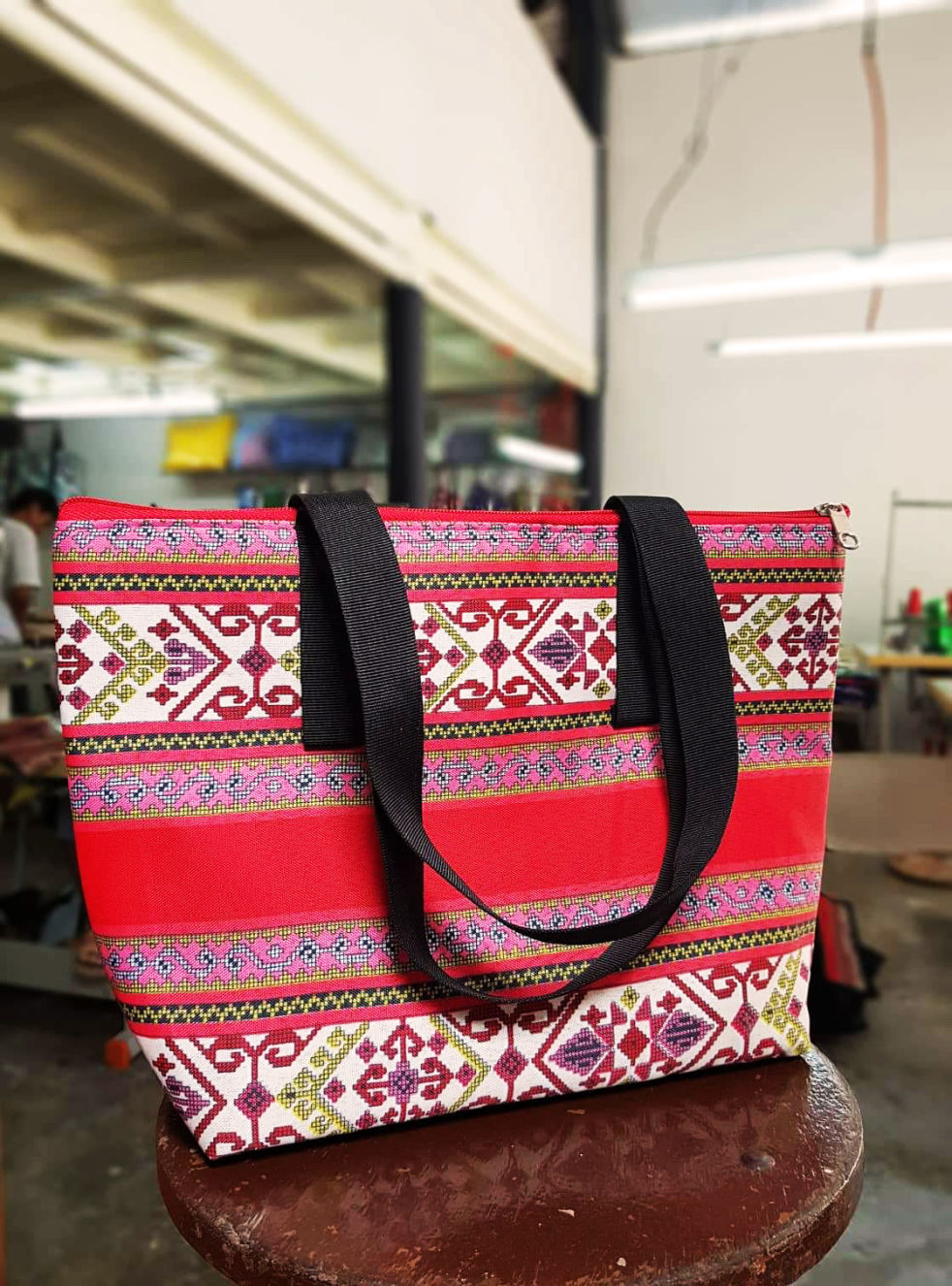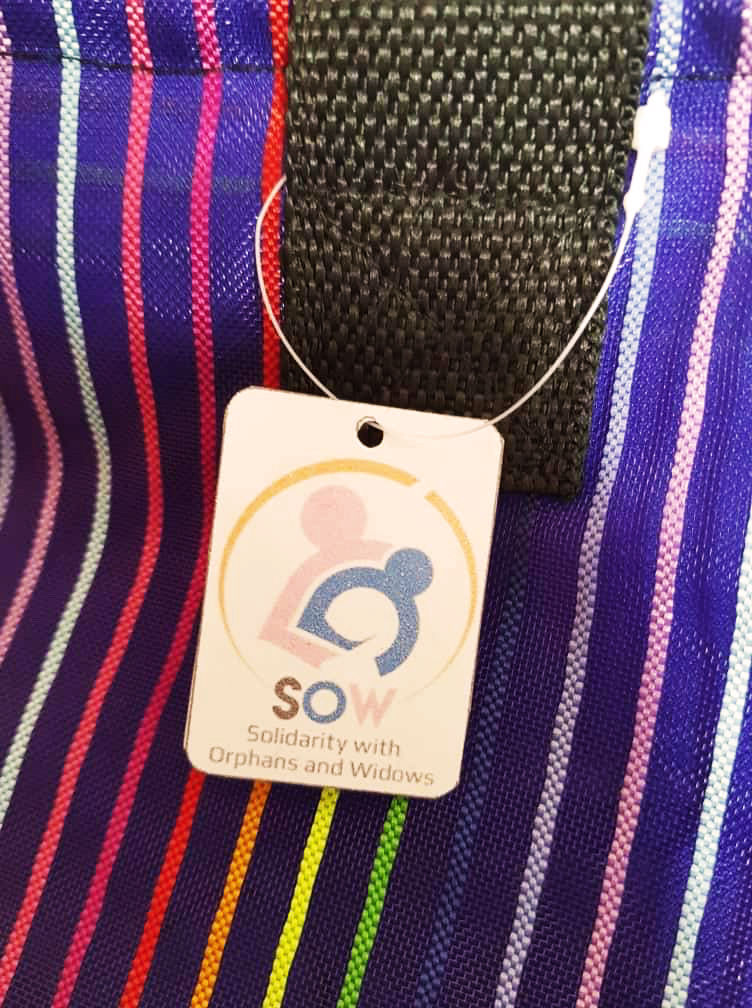We use cookies to ensure you get the best browsing experience. By continued use, you agree to our privacy policy and accept our use of such cookies. For further information, click FIND OUT MORE.
Adapted from BRIGADA
Produced for the web by Kaela Malig
January 9, 2020
“Lucy” still remembers the last time she saw her father.
It was her birthday, some seven months after he got out of jail.
“My father woke me up in the middle of the night. I asked him where he was going. He said he was just going to find money to buy me a cake,” she says.
He would be killed a couple of days later during an encounter with police officers. According to authorities, he and a friend were on a motorcycle trying to snatch a woman’s bag.
The incident report said he had been carrying a gun and drugs. But his wife “Kris” could not believe those accusations after seeing his body in the morgue.
“I barely recognized him because his face had a lot of gunshots. His face was beaten and swollen...My husband did not fight back,” she says.
Kris swears her husband had changed after spending time in prison.
“He wouldn’t even allow us to move, he’d rather do chores himself. Sometimes he’d even do the laundry. He never did drugs again,” she says.
Lucy’s voice breaks when she thinks about the events before her father’s death.
“I blame myself because if it weren't for me, he wouldn't die like that. He went out to look for a birthday cake for me and he died,” she says.
Kara David tells the story of Project: SOW and the women left behind on Brigada.
But for Kris, losing her husband meant not just grief for the moment, but a shaky future for her family.
“It was really hard on my children because they're closer to their father. We don't know how we can start anew because I don't have anyone with me now. How many mouths do I have to feed?” she says
According to the Philippine Drug Enforcement Agency, over 5,526 individuals have been killed in drug-related operations from July 2016 to June 2019.
Away from the headlines, those who lose their lives often have family: parents, spouses, and children left to deal with grief and pick up the pieces. Documentation by the Philippine Human Rights Information Center showed one out of two individuals that have died in the drug war were breadwinners of the family.
“For the mothers and wives left behind, they don't have the opportunity to even grieve at all for the loss of their loved one,” says Nymia Pimentel-Simbulan, executive director of the Philippine Human Rights Information Center.
“They immediately have to assume the role of principal breadwinner in order to sustain the needs of the family particularly the children left behind.”
That was the case for “Linda,” who always knew that her husband really used and sold drugs.
She still remembers how he, along with other relatives, were captured during a drug raid in their area. That was the last time she would ever see him alive.
“He had a bullet wound. The next time I saw him, he was already in the casket,” she says.
With the death of her husband, Linda was left to take care of all seven of her children. She breaks down as she relates how, even in death, there was little sympathy for her loss.
“They said it was OK, because he was scum according to them. They said it was a good thing that he was killed,” she says. “It hurts so much to hear that, even from friends. They are still people.”
Three years after her husband’s death, Linda still lives in fear that bad things could still happen to her or her children.


Products sewn by widows and orphans of the drug war are available for sale.
But there was a spark of hope when Linda crossed paths with Project SOW: Solidarity for Orphans and Widows, a program that gives aid to the families of drug war victims.
As part of the program, widowed spouses and parents of drug war casualties sew bags, pillow cases, rugs and make use of scraps of fabric to support their families after the death of their breadwinners.
The program started three years ago when priests gave families capital to sell tocino and to take care of pigs. However, after just a year, the capital was gone already.
That’s when Project SOW decided to teach them how to sew for a living. Getting their materials from friends who donate old shirts and blouses, these women are able to sew these into useful doormats.
The products of these women can be found in a retail store in Quezon City, at bazaars and whenever the church has an activity.
Project SOW helps 20 women, most of whom are wives or mothers of drug war victims.
For Linda, being part of the program is a godsend.
“It’s a big help, getting P250 daily. I don’t have to look for money here and there, I could bring it home to kids. It’s enough for food, and for their fare since they’re still in school,” she says.
Like Linda, Kris is slowly picking herself and her family up with the help of Project SOW.
Aside from the livelihood program, Project SOW also offers psycho-social sessions for the women where they can release their emotions and grievances.
Despite efforts like Project SOW, Commission on Human Rights spokesperson Jacqueline de Guia laments how the government has no concrete program to help those left behind by the drug war.
But Department of Social Welfare and Development spokesperson Irene Dumlao says the agency has programs that provide help for individuals in crisis situations such as illnesses or death of a family member.
“We also provide other interventions to help them recover from crises in their lives,” Dumlao says, noting the “Yakap Bayan” framework wherein the DSWD assists local governments to focus on rehabilitation and reintegration processes.
For those left behind, the spark of hope by the program is enough to keep them going.
“Just have faith in the Lord. Let's just think that as parents, we just want our children to finish their education. Let's hope that justice will come,” Kris says.
SHARE THIS STORY